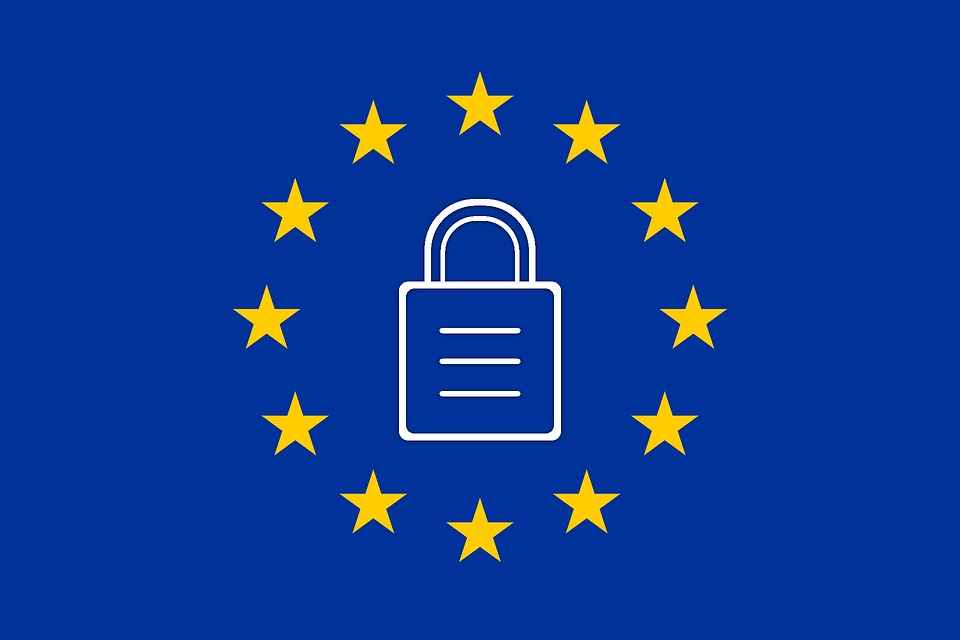With new data protection laws coming into force next May, records management are once again a key issue for many businesses. The GDPR, is a new set of data protection rules, enforced by the EU to replace the existing data protection act. In what is set to be the biggest shakeup to data management in over the last decade, how will our document management systems be affected?
Article 5 of the GDPR states that all data must be accurate and up to date, any inaccurate data must be removed or rectified without delay meaning that it is vital that companies clean up their customer data and dispose of it securely, even if this means using secure document shredding services.
The GDPR offers customers a right to erasure, in which users can request that their details are deleted from an organisations records. If you cannot find these records on paper documents, how can you be sure that they are deleted and comply with the law?
By scanning documents into an online system or opting for secure document storage your documents can be found easily and quickly, to ensure that you are legally compliant. Paper documents are often duplicated making it difficult to know whether data is destroyed completely or if copies are lying around. Document scanning can avoid this issue as it can ensure a single copy of your customer’s data which can be destroyed if necessary.
Paper files are much less private than digital documents. Filing cabinets can be accessed by any employee and so you cannot be certain that customer data is not falling into the wrong hands. By using a digital archive, data can be protected with secure passwords so that only authorised personnel have access.
Not complying with the GDPR will result in fines of up to 4% of your global revenue, which can soon add up. For more guidance on how to help your companies records to comply with GDPR, call our experts on 01482 611200 and we will be happy to advise you.
Ends.

Leave a Reply